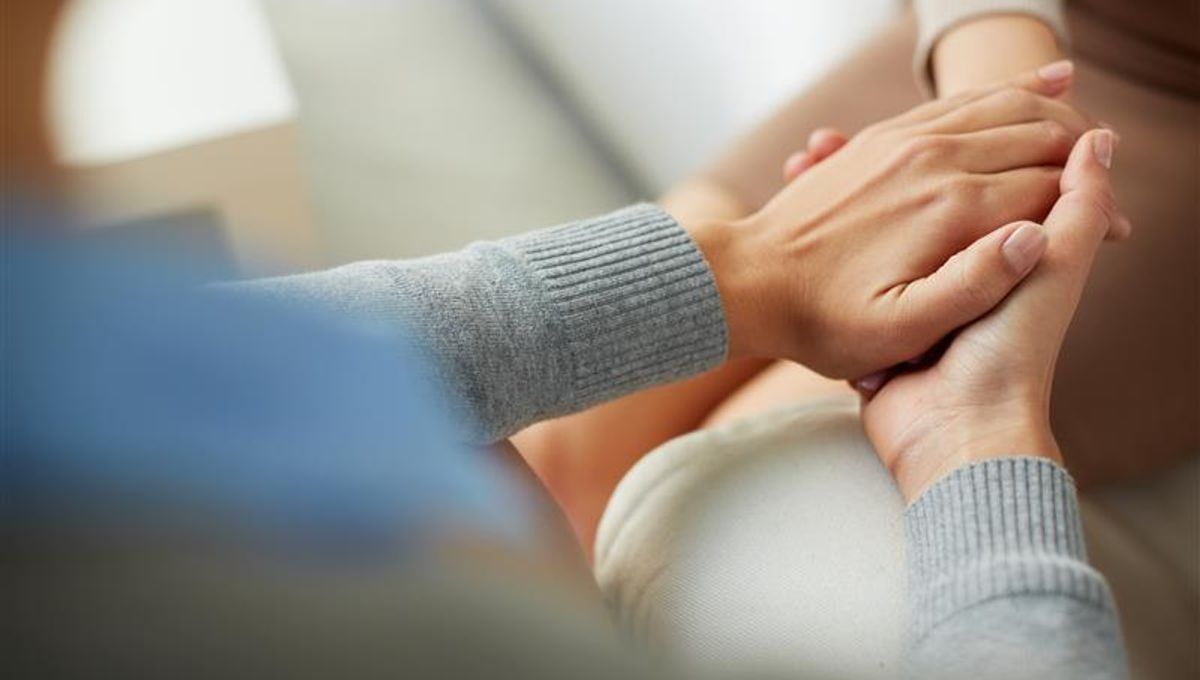
The World Health Organization (WHO) has just announced important updates to its Mental Health Gap Action Programme (mhGAP) guidelines, which include new recommendations for the treatment and care of mental, neurological, and substance use disorders. Here’s a summary of the main points and why it’s significant.
What is the mhGAP?
The WHO’s mhGAP was first launched in 2008 and the first mhGAP intervention guide with recommendations for the treatment and care of people with mental, neurological, and substance use (MNS) conditions followed in 2010. These recommendations were then updated and published in the 2015 mhGAP guideline.
In essence, the guidelines aim to support countries in their capacity to deal with the growing burden of MNS conditions among their populations. Across the world, these disorders are significant contributors to morbidity and premature mortality. Worse still, it is estimated that over 70 percent of the people living with them cannot access appropriate treatment or care for their needs.
This is why the WHO’s guidelines are so important. They are intended to help doctors, nurses, and other health professionals, as well as policymakers and health planners, to address these needs.
“For 15 years, mhGAP has played a vital role in improving access to evidence-based psychological interventions and medicines for the treatment and care of people with mental, neurological and substance use disorders. Considering the growing relevance of mental health, this evidence-based guide is more important than ever in supporting primary health care workers to treat people with MNS disorders,” Dévora Kestel, WHO Director for Mental Health and Substance Use, explained in a statement.
The new guidelines include 30 updated recommendations and 18 new ones, alongside 90 existing recommendations that were validated and continue to be endorsed.
New recommendations for anxiety disorders
Anxiety disorders are now the most common mental disorders across the world, with around 301 million people being affected in 2019. Statistically, it appears women are more affected by anxiety disorders than men, but only one in four people with these disorders are receiving treatment.
The new mhGAP provides the following recommendations:
- Psychological interventions based on cognitive behavioral therapy (CBT) should be offered to adults with generalized anxiety disorders and/or panic disorders. Such interventions can be offered in various ways, including online, in-person, in groups, or through self-guided services.
- Stress management techniques should be considered for adults with generalized anxiety and/or panic disorder.
- Treatments such as Selective Serotonin Reuptake Inhibitors (SSRIs), a form of antidepressant medication, should be considered for adults with generalized anxiety and/or panic disorders.
Psychological and psychosocial interventions
The mhGAP also offers new recommendations on psychosocial interventions for carers of people with psychosis or bipolar disorder, along with new recommendations on psychosocial interventions for alcohol dependence, substance use, psychosis, dementia, and children and adolescents with neurodevelopmental disorders including autism, ADHD, and cerebral palsy.
Other recommendations
Throughout the guidelines, the use of digital interventions appears frequently and is recommended for the treatment of people experiencing alcohol use disorder, anxiety, stress conditions, drug use disorders, and self-harm and suicide.
There are also various recommendations against the use of valproic acid (sodium valproate), a treatment used for epilepsy and bipolar disorder, under certain circumstances such as for people trying to become pregnant. That is because the medication can lead to a higher risk of birth defects if taken during pregnancy.
The mhGAP also recommends more non-pharmacological interventions for people living with dementia. These include encouraging patients to take more physical exercise and engage with CBT, cognitive stimulation therapy, and cognitive training.
Ultimately, the new guidelines should help countries put into place lessons learned over 15 years of investing in reducing the treatment gap for people living with MNS conditions. Hopefully, more people will benefit from such opportunities in the future.
The complete list of recommendations is available here.
Source Link: WHO Updates Recommendations For Treating Mental Health – Here Are The Main Points